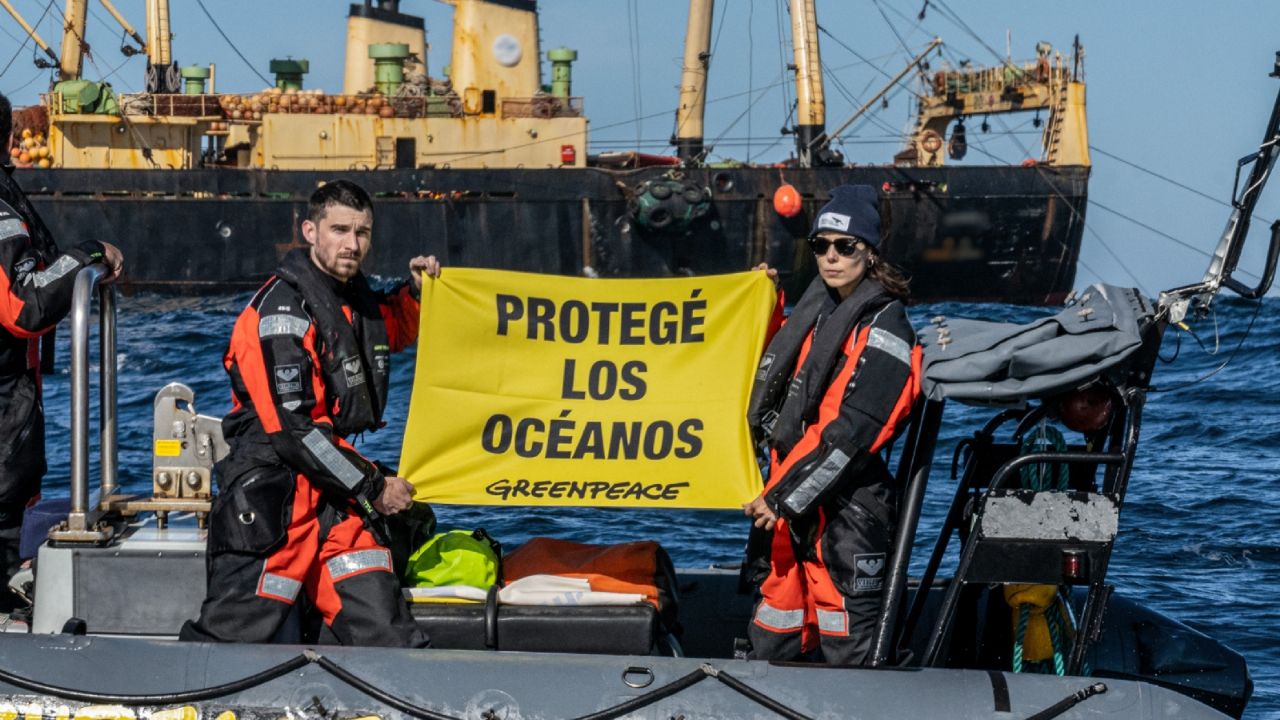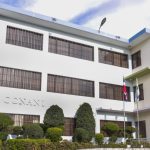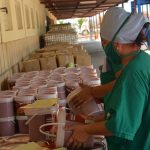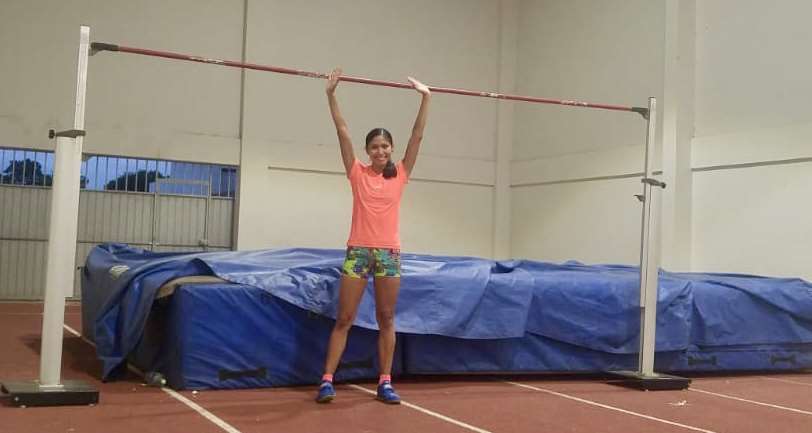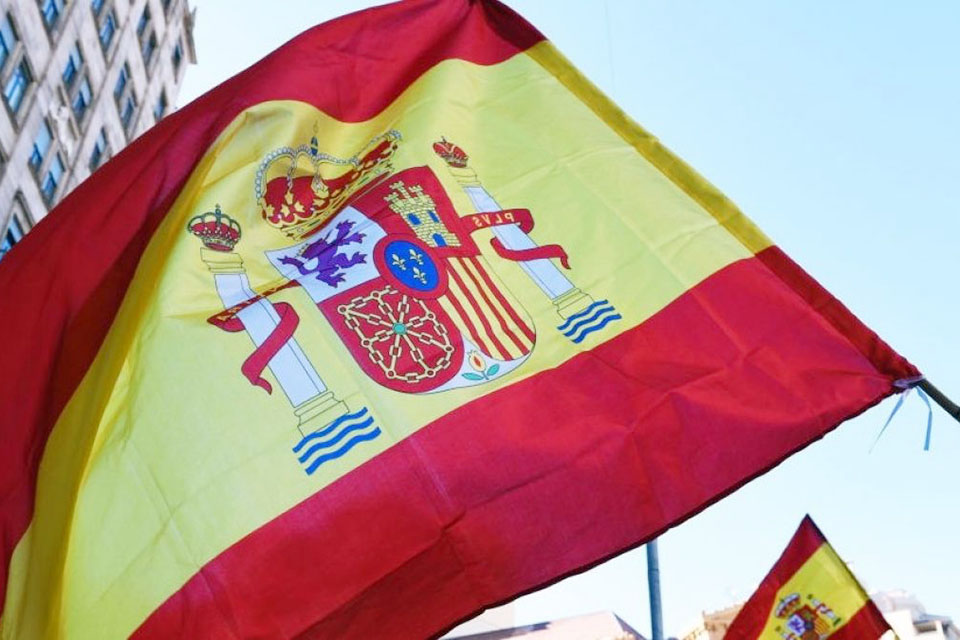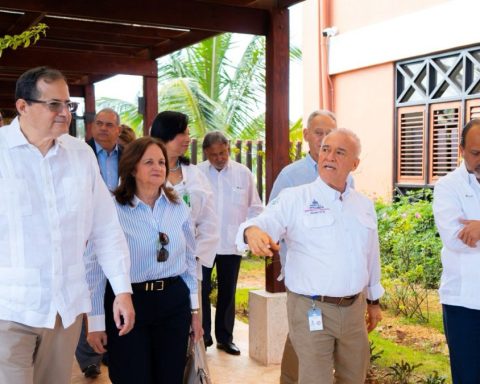greenpeace is an international non-profit environmental organization that, through different actions, is in charge of denouncing and making known the most serious environmental problems that the world is experiencing.
This, in order not only to inform; also, to generate greater awareness and promote solutions through activism, so the entity It also seeks to influence the creation of environmental policies.
Although greenpeace It has its headquarters in the Netherlands, over the years, it has managed to establish itself in other countries such as Argentina, where it currently develops several campaigns.
Among them, the protection of native forests in the north of the country stands out, where, through different strategies, they seek to work hand in hand with the community to stop deforestation.

To do this, they propose, as explained by Bruno Giambelluca, coordinator of the climate and energy campaign of greenpeacein an interview for Minuto Argentina, restore the jungles and native forests.
Also, improve industrial practices that are destructive and that destroy these ecosystems, since they are essential for survival and to stop the climate crisis facing the world.

In addition, the organization promotes a campaign for the protection of the Argentine sea, which is impacted not only by the effects of climate change, but also by illegal fishing.
Within this initiative, in turn, they seek to stop oil exploration on the Argentine continental shelf, which puts species, biodiversity, tourism, fishing and the local community at risk.

Although they also promote other types of activist proposals for the protection of wetlands, of areas threatened by mining, among others, they are focused on these two components: protecting the sea and the forests.
This, since these two great environmental problems aggravate the climate crisis, since today the deforestation of native forests and oil exploration are the greatest threat to the country.
There are a lot of factors that make it possible for our country to have that possibility of expanding the frontier of the renewable energy matrix, but instead of that we are going the other way.
This, despite the fact that the international community has given warning signs about the urgency of taking immediate measures to stop climate change and its short-term effects.

Since, as Bruno assures, the threats that the country faces today “carry a lot of other problems”, among which are also the natural phenomena that are becoming more frequent.
Precisely, these phenomena are a wake-up call to take action, since everything becomes an almost unstoppable vicious circle, since in addition the “environmental impacts are not only an environmental issue, but also a social one.”

For this reason, according to Bruno, it is necessary to break with “that myth that by destroying the ecosystem we are going to obtain resources, and with those resources (money) we are going to protect ourselves and save ourselves from what we are going through”, when it should be the other way around.
Well, the biggest problem is that “no attention is paid to the urgency we live in” and, in that sense, there is a false belief that the consequences of the environmental impact will be experienced later, when the problem is now.

Nobody wants to assume the reality of the environmental crisis we are experiencing. Leaders don’t take that urgency and I think that’s super worrying.
For this reason, although people know that there are hundreds of problems around the climate crisis, this is not just a matter of individual or personal decisions, but rather requires State policies.
Greenpeace travels the Atlantic Coast to defend the sea from illegal fishing and oil extraction
Within the initiatives developed by the organization to promote the protection of the Argentine sea, they recently undertook a mission on the Atlantic Coast in the Arctic Sunrise.
This icebreaker ship, emblem of Greenpeacetraveled from Ushuaia to the Blue Hole, an area rich in biodiversity and of high economic importance for the country.

There the team found, as Bruno assures, “floating cities”, this in reference to the number of fishing vessels that are installed in the areaand that without any control, they fish 24 hours a day, 7 days a week.
The amount is impressive, hundreds and hundreds and hundreds of boats, one next to the other, fishing non-stop. You can’t believe it.

Although it is a highly biodiverse area, as it is part of an international corridor, it does not have any type of protection, which facilitates illegal or indiscriminate fishing by vessels.
Thus, the organization It also seeks that protection policies can be established on these areas, since the bans are not respected either and this rapidly destroys the marine ecosystem.

The team, made up of several specialists, managed to document more than 300 ships within what the Arctic Sunrise radar registered, which is a very small limit.
In addition to the fact that these boats spend hours at sea to fish, they also transfer cargo to other boats (on the water), which are then in charge of taking it to port.

Even the ships load fuel on the high seas, so the situation not only becomes an environmental problem, but also a health, economic and social one, which is one of the organization’s main complaints.
After completing the mission, the team shared their experience in Puerto Madero, where the ship was open to the public and received more than 2,000 visitors in two days, and where citizens became more involved in these problems.
In addition, during his stay in the City of Buenos Aires, the organization launched its documentary “No here”, through which they denounce the threat that the Argentine sea is experiencing, as a result of oil extraction.
This, given that, in December of last year, the Government approved seismic exploration for offshore oil exploitation off the coast of the province of Buenos Aires, which puts biodiversity and the community at risk.

Therefore, to try to stop oil extraction, which has very high risks of contamination and affects fundamental species such as the Southern Right Whale, greenpeace signed an amparo with the support of other organizations.
This, since urgent actions are required, but above all, forceful to stop or combat one of the greatest environmental threats for the entire country.

Although the effects of the climate crisis and all the problems associated with it do not stop, Bruno assures that there is still time to do something to protect natural resources.
The important thing is that we want to do something. I think that complaining for complaining goes beyond a social network, but that we get out of that space of comfort, of comfortable complaint and we can go out a little more and do something. I think that’s the main thing.

Thus, greenpeace will not stop and will work day by day to defend the Argentine sea and native forests, because they are convinced that today more than ever action must be taken to protect the source of everything, planet earth.
